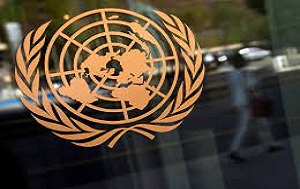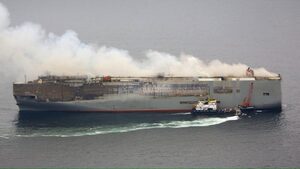The fighting in North Kivu province has sent more than 1.7 million people fleeing their homes, driving up the number displaced in DRC by multiple conflicts to a record 7.2 million, according to United Nations (UN) estimates.
The truce, beginning at midnight local time on Friday and to extend through July 19, covers areas where the conflict most affects civilian populations, the White House said.
"The recent expansion of fighting in North Kivu has prevented humanitarian workers from reaching hundreds of thousands of IDPs in the area around Kanyabayonga and displaced more than 100 000 people from their homes," National Security Council Spokesperson Adrienne Watson said in a statement.
The governments of the DRC and Rwanda expressed support for the truce "to ease the suffering of vulnerable populations and set conditions for broader de-escalation of tensions in eastern DRC," Watson said.
The US calls on all parties to honor the truce, the statement said.
North Kivu has been battling the M23 insurgency for more than two years as well as other militia violence. DRC, the UN and Western powers have repeatedly accused Rwanda of supporting M23 with its own troops and weapons, which it denies.
Rwanda accuses DRC of financing and fighting alongside a Hutu rebel group, the Democratic Forces for the Liberation of Rwanda (FDLR), which has attacked Tutsis in both countries.
M23 says it is fighting to protect Tutsis from rivals like FDLR, whose ranks include Hutu extremists who fled to DRC after participating in the 1994 genocide targeting Tutsis and moderate Hutus in Rwanda.
--Reuters--












